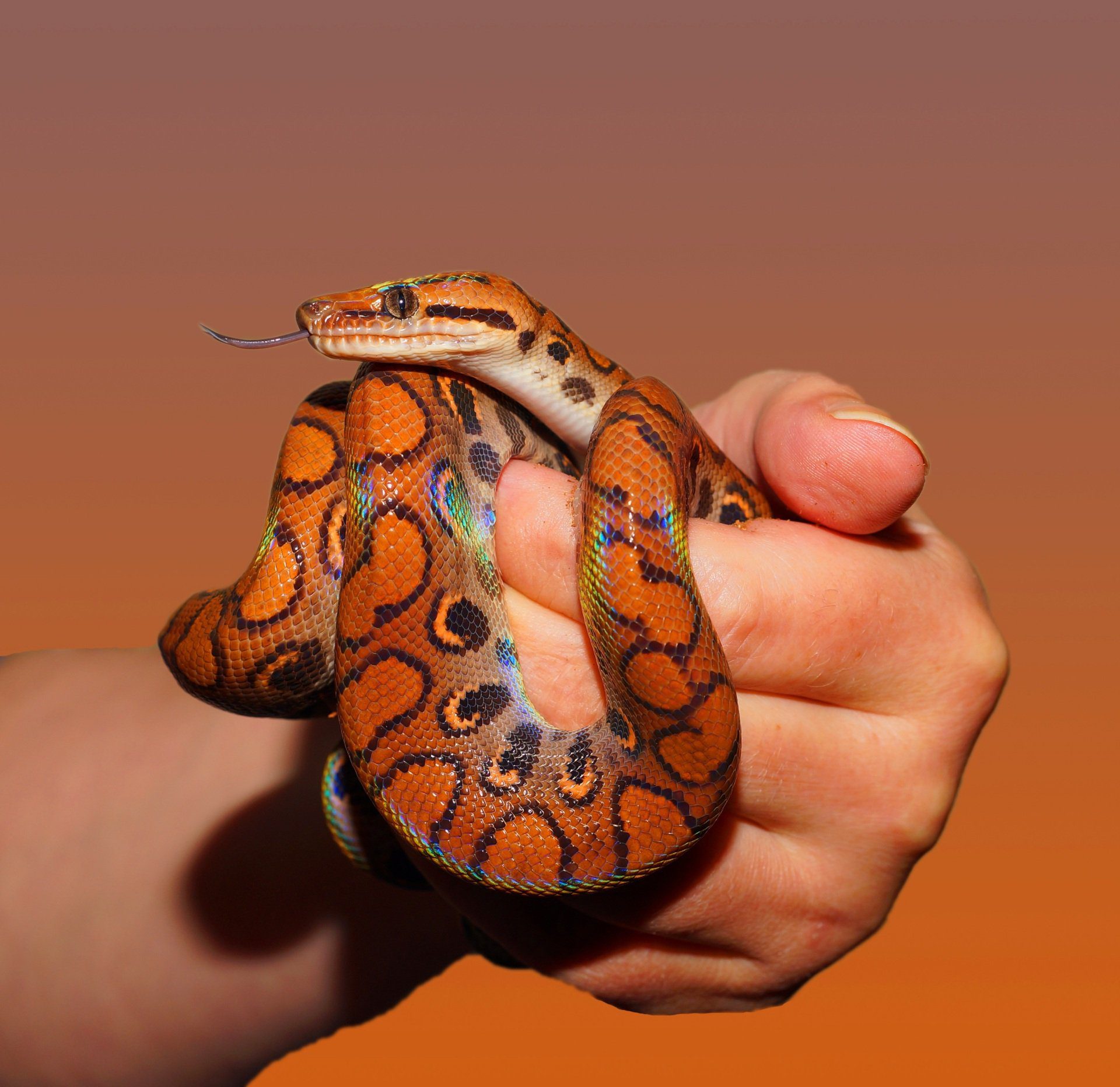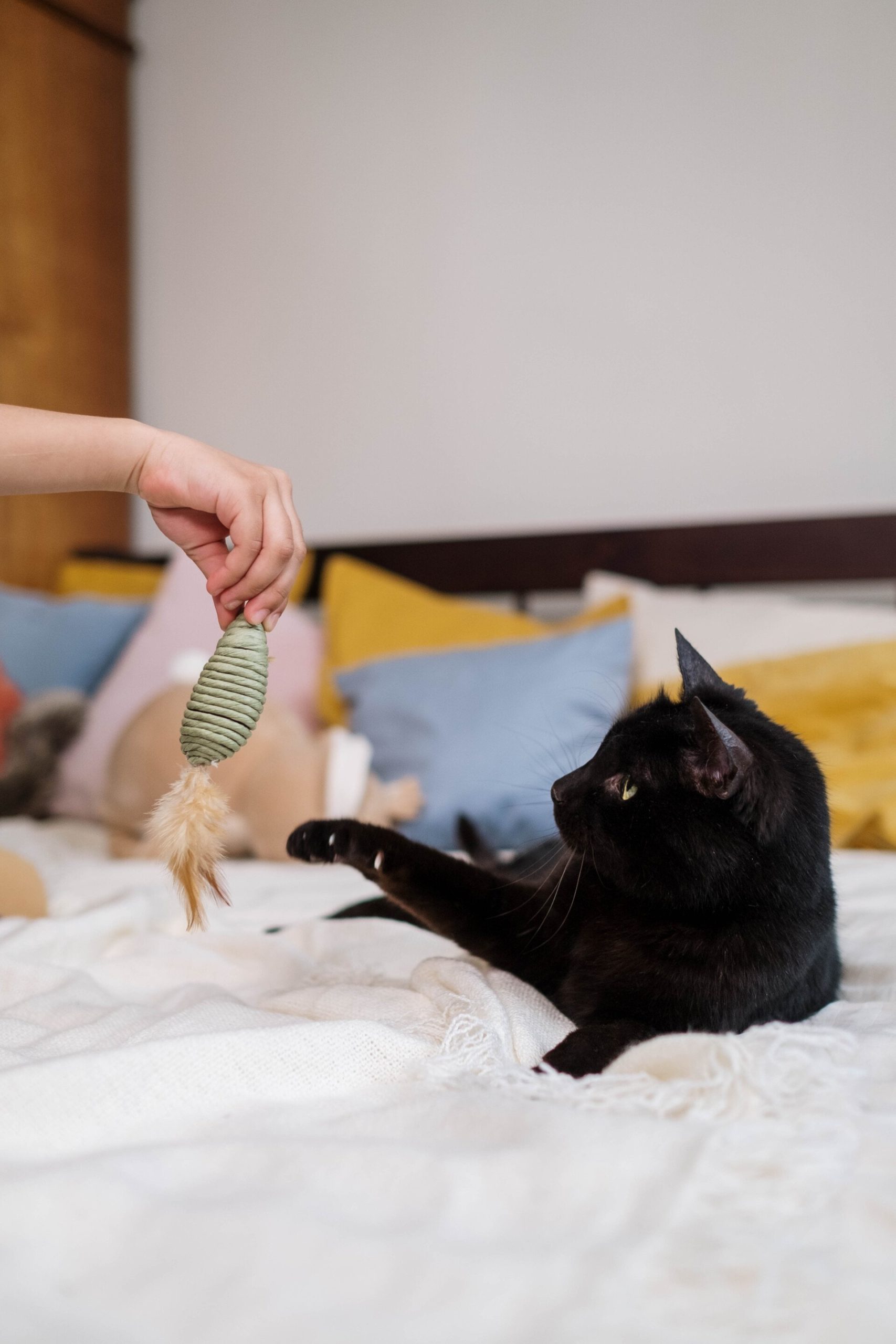Adopting Rescued Guinea Pigs
March is Adopt a Rescued Guinea Pig Month! These little fellows are very popular as children’s pets. In fact, they could be more popular than most people know. They’ve definitely gained popularity since the outbreak. These small balls of fur can be found in approximately 1.5 million houses. They are also the third most sought-after pet in several American states, including Massachusetts, California, and New York. If you’re searching for a small, sweet, incredibly cute, and easy-to-care-for pet, a Guinea pig—or cavy, as they’re also known—might be the perfect choice. Continue reading as a local Mattoon, IL veterinarian answers some common questions about adopting a Guinea pig.
Are Guinea Pigs Expensive?
Guinea pigs are relatively cheap, but that doesn’t mean that they’re free. A good cage is essential. This is a one-time expense. However, you will have to supply food, bedding, toys, and veterinary care.
Keep in mind that cavies can survive for ten years, though the average is closer to five or seven.
Are Guinea Pigs Good Pets for Kids?
Yes! These can make great companions for children. However, we do not advocate getting them for youngsters under the age of five or six, unless you plan to care for the animal yourself. Make sure to supervise all interactions.
Why is March Adopt a Rescued Guinea Pig Month?
Julie Morris, the ASPCA’s senior vice president for National Shelter Outreach, chose March in 2002. The purpose was—and continues to be—to raise awareness about the predicament of Guinea pigs in need of homes, as well as to encourage people to adopt from shelters and rescues when looking for one of these adorable pets.
Why Is It A Better Choice To Choose A Rescued Guinea Pig?
We believe that all animals deserve to be treated with love and kindness. We’re also always eager to promote giving abandoned dogs a second opportunity. Rescuing a pet, big or tiny, may prove to be a highly rewarding experience. It’s also a simple way to contribute to better animal welfare!
Why Do So Many Guinea Pigs Need Loving Homes?
These tiny fellas may be up for adoption for a variety of reasons. In some situations, the owners were unable or unwilling to take their pets with them when they moved. Or, a child may ask for a pet, only to lose interest in caring for it. Unfortunately, this typically leads to the pet being rehomed. Sometimes it’s just terrible luck, like the loss or illness of an owner, or even monetary problems.
Another element to consider here? Many people buy Guinea pigs on a whim, without considering how much care they require. We know, it’s difficult to resist those lovely faces. However, they require care and attention, and need lots of love.
There is progress being made. For example, California now requires pet businesses to offer care sheets for each animal sold. There is still a long way to go here, however. We cannot underlstate the importance of doing thorough research before adopting any animal!
What Are Some Fun Guinea Pig Facts?
The most unexpected facts about Guinea pigs? Probably that they are not pigs and do not originate in Guinea. These small furballs are descendants of wild cavies from South America. Traders from Spain, the Netherlands, and England brought them to North America and Europe in the 16th century. They quickly became the favorite pets of the nobility. Queen Elizabeth even had a pet Guinea pig!
What Are Symptoms Of Illness In Guinea Pigs?
It is important to keep an eye out for signs of illness in your pet, regardless of its breed. If you notice anything off, contact your Mattoon, IL veterinarian immediately.
Here are some things to look for:
- Lack of Appetite
- Refusing Water
- Crust on the eyes
- Unkempt Fur
- Drooling
- Diarrhea
- Dull, red, sunken, or watery eyes.
- Lethargy
- Sitting in stiff or odd positions.
- Withdrawal
- Limping
- Stumbling
- Bloody urine
- Hair loss
- Skin irritation.
- Lumps, lumps, and lesions
- Erratic/unusual behavior
- Weight loss
You’ll need to find a vet who is familiar with Guinea pigs. Never give your cavie medicine unless specifically directed to by your Mattoon, IL vet. Many drugs, including amoxicillin, can be fatal to them.
How Should I Take Care Of My Guinea Pig?
Guinea pigs are not the most high-maintenance pets, but they require regular attention. Every day, you’ll have to offer fresh food and water. In terms of diet, your tiny companion will require plenty of grass hay, commercial pellets, and approximately a cup of safe fruits and vegetables per day. Your veterinarian can offer you particular guidance on this.
You should also spot clean your pet’s cage to remove waste and uneaten food. These small guys also require leisure time each day outside of their cages.
When it comes to grooming, you should maintain your pets’ nails clipped. Some cavies merely need brushing, while others may benefit from a bath. Ear cleanings are on the agenda as well. Ask your veterinarian for particular guidance.
What Sort of Toys Do Guinea Pigs Need?
Your charming pets will require plenty of chew toys. Guinea pigs have open-rooted teeth, which never stop growing. You can construct a variety of toys from common things such as paper, cardboard, and even wood. Just stay with the safe options. Do not give your pet anything small or sharp. Items with decorative coatings such as paint, varnish, glitter, or dye are also hazardous. Aside from chew toys, you can also offer mazes and sturdy workout wheels. Contact your veterinarian for further information.
What Are Common Guinea Pig Care Mistakes?
We could (and may) write a blog about it, but for now, we’ll simply go over the essentials.
Here are some of the most frequent errors:
Allowing Them to Interact With Other Pets: While Guinea pigs, cats, and dogs are all great pets, they should never be allowed to play together.
Wire Housing: While cages with wire floors may be touted as being suitable for Guinea pigs, they are actually an extremely poor choice. They do not hold bedding and may cause injuries to those little feet.
Lack of Vitamin C: Cavies require Vitamin C to remain healthy. If they don’t get enough, they could get scurvy.
Getting Only One: Guinea pigs are quite friendly and require companionship to be happy.
Not Petproofing: These guys require daily playtime. However, it is critical to ensure that the location they are allowed to enter is safe.
What Bothers Guinea Pigs?
Each of our animal friends has their own pet peeves. Even small furballs, such as cavies, can get annoyed by certain things. At the top of the list? Being rubbed the wrong way. You may discover that your pet dislikes being touched or petted in specific areas. Basically, anything beyond the head, back, and shoulders is generally off-limits.
What other things do these small fellows dislike? Being picked up or detained against their will. Your pet may get stiff or start making sad noises, and may become scared of you! Guinea pigs are also averse to loud noises, automobile rides, and strong scents. They don’t like nail trims or baths, either, though these might be considered necessary evils. Ask your Mattoon, IL veterinarian for grooming tips.
Should I Hold And Handle My Guinea Pig Every Day?
Taking the time to pet, hold, and play with your tiny ones will help you bond. This can also make your furry friend feel cherished and secure.
Just do not force attention on your pet! That will cause more harm than good and may even make your cavies afraid of you. All of our animal pals have distinct personalities. It’s crucial to recognize that certain pets are naturally cuddlier than others. Guinea pigs are generally more amiable and gregarious than other pocket pets like hamsters, mice, and gerbils. Some even enjoy cuddling up in their humans’ laps. However, they can be scared at first. It’s a good idea to let your small pals settle in before handling them.
Do you have any queries about Guinea pig care? Contact us, your Mattoon, IL pet hospital today!



